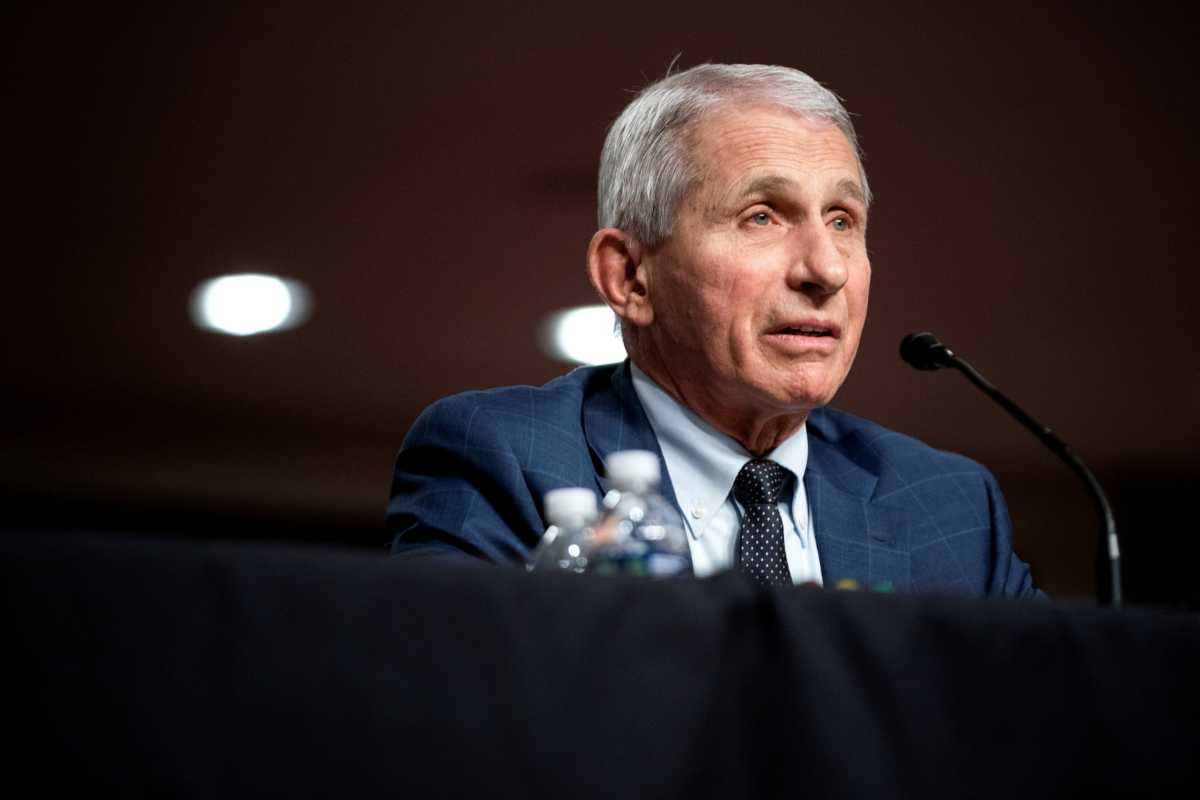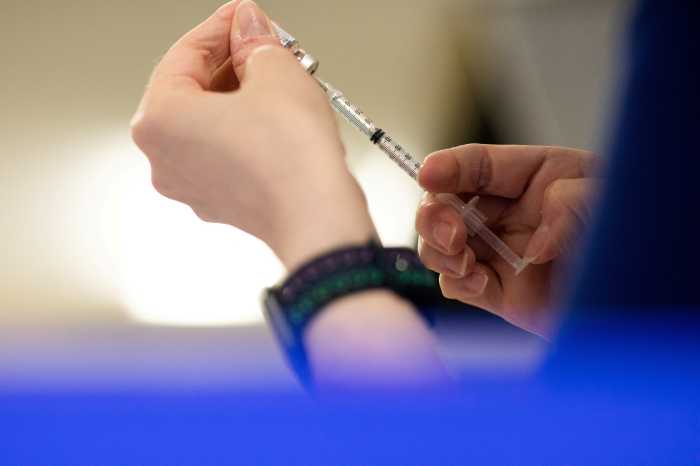By Ahmed Aboulenein and Mrinalika Roy
Scientists and health officials by this summer should have a better sense of what type of COVID-19 booster will be needed to deal with the next phase of the pandemic and when it should be administered, top U.S. infectious disease expert Dr. Anthony Fauci said on Friday.
The National Institutes of Health, where Fauci serves as director of the National Institute of Allergy and Infectious Diseases, is conducting clinical studies to determine if the next COVID booster should be specific to a particular variant of the coronavirus or designed to address more than one variant, known as a bivalent vaccine, ahead of the fall season, he said.
“We likely will know over the summer when we’ll be able to, and what we’ll be able to, boost people with,” Fauci said at a virtual event hosted by the National Press Club in Washington.
Fauci also said health experts are looking carefully into anecdotal reports that some people after taking a five-day course Pfizer Inc’s oral antiviral treatment Paxlovid have tested positive for the coronavirus or experienced mild symptoms.
The government has been encouraging people at risk of severe disease who experience COVID symptoms to get a Paxlovid prescription as soon as possible.
While health officials look into whether a viral rebound after Paxlovid is a real phenomenon, Fauci said: “The drug is still clearly very effective in preventing you from progressing to requiring hospitalization, the 90% efficacy seems to be holding strong.”
Fauci also said it will be very difficult for the U.S. population to reach classical herd immunity against this virus due to several factors. They include its ability to evolve and mutate into diverse variants, waning immunity from infections and vaccines, and an anti-vaccine movement that has kept millions of people from seeking protection.
It is unlikely the United States will ever eliminate COVID-19, he said, but the nation should strive to control the virus and get out of the acute pandemic phase.
“When I said we are no longer in that fulminant acute phase, that does not mean that the pandemic is over,” he reiterated. “By no means is it over. We still are experiencing a global pandemic.”
Reuters

























